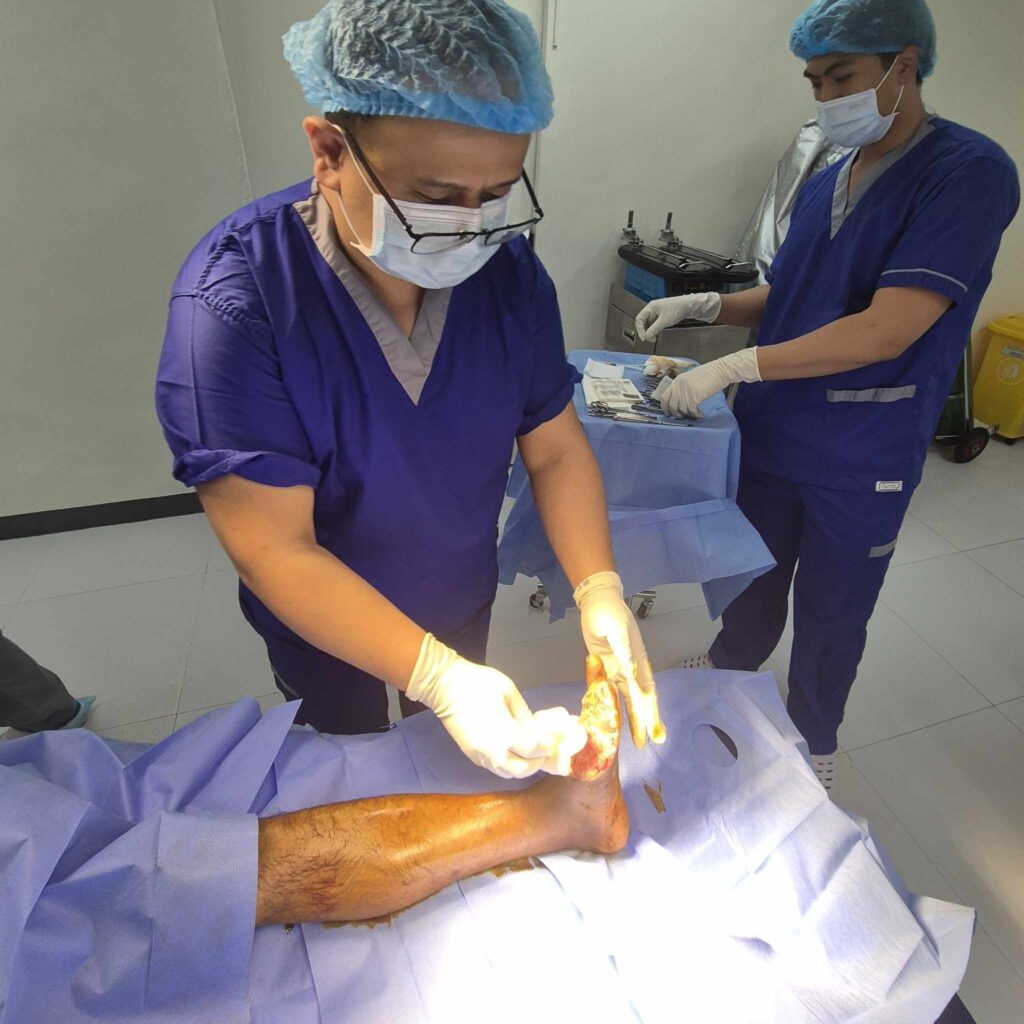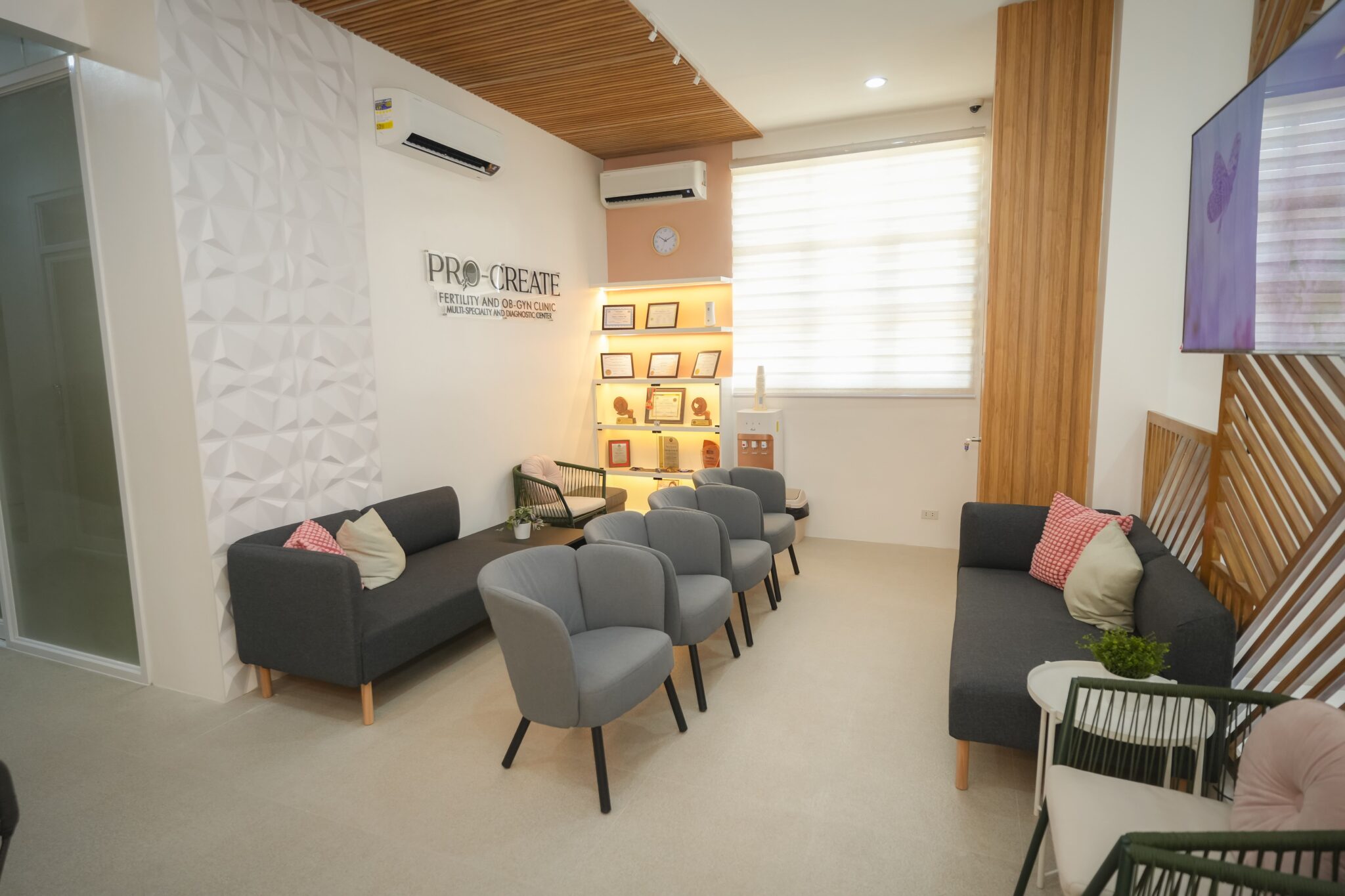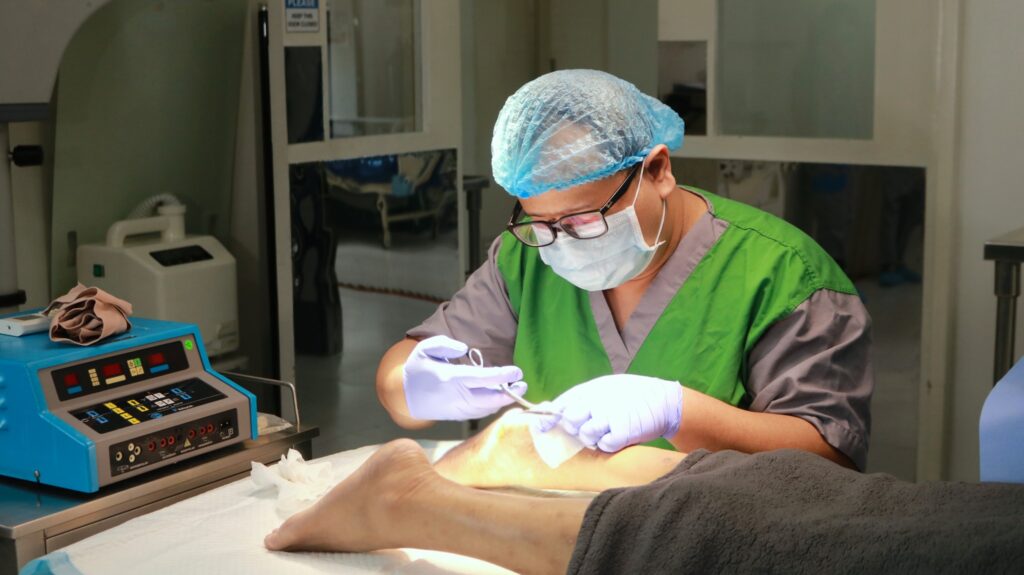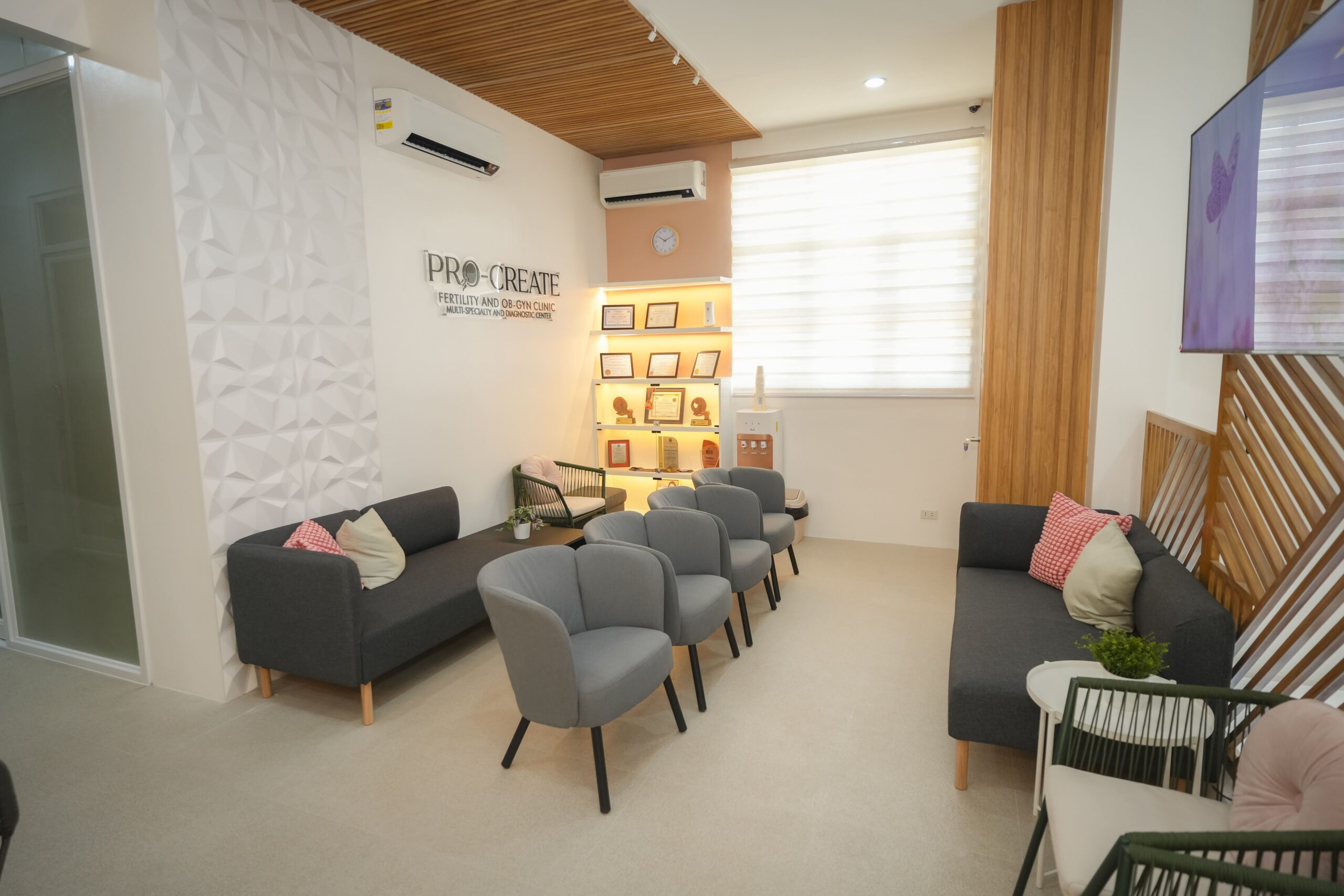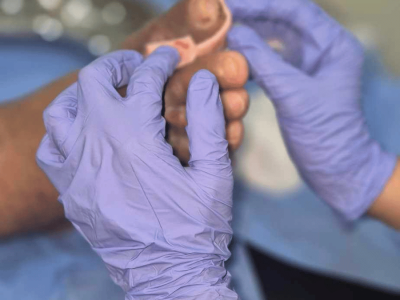Proper wound care is essential for recovery, especially when wounds become chronic or infected. Wound Debridement Services play a critical role in removing dead, damaged, or infected tissue, creating an environment where healthy tissue can regenerate and heal efficiently. At Kalingap Wound Care Clinic in Quezon City, patients receive professional care that combines advanced techniques with a patient-focused approach, ensuring faster healing and reduced complications.
What is Wound Debridement?
Wound Debridement Services involve the careful removal of necrotic, damaged, or infected tissue from a wound. Dead tissue can slow down healing and increase the risk of infection. Removing this tissue allows the body to focus on regenerating healthy skin and underlying structures.
Debridement also helps reduce inflammation and prepares the wound for additional treatment, including specialized dressings or advanced healing therapies. At Kalingap Wound Care Clinic, advanced methods such as ultrasonic debridement are used to target only the unhealthy tissue while preserving surrounding healthy skin. This precision enhances patient comfort and reduces recovery time compared to traditional techniques.
Benefits of Wound Debridement Services
Patients who receive Wound Debridement Services at Kalingap Wound Care Clinic experience multiple benefits that support faster and safer recovery:
- Faster Healing – Removing barriers to tissue regeneration allows the wound to heal more efficiently.
- Reduced Risk of Infection – Dead tissue often harbors bacteria; debridement decreases the chances of infection.
- Minimized Inflammation – Cleaning the wound helps lower swelling and pain, supporting a smoother healing process.
- Preservation of Healthy Tissue – Advanced techniques target only necrotic tissue, leaving healthy skin intact.
- Personalized Care – Each treatment plan is tailored to the wound type, size, and patient condition, ensuring the most effective results.
These benefits make Wound Debridement Services a key step in treating chronic, slow-healing, or infected wounds.
Who Can Benefit from Wound Debridement Services?
Not all wounds require debridement, but certain conditions make it essential for optimal healing. Wound Debridement Services are recommended for individuals with:
- Chronic Wounds – Diabetic foot ulcers, pressure sores, and other persistent wounds that do not heal with standard care.
- Non-Healing Wounds – Injuries that remain open or slow to close after weeks of treatment.
- Infected or Necrotic Wounds – Wounds with dead tissue or bacterial contamination that could worsen if untreated.
- Surgical Wounds – Patients recovering from surgery who require faster and safer wound closure.
- Traumatic Injuries – Cuts, burns, or accidents with extensive tissue damage requiring careful cleaning.
Identifying the right candidates for debridement ensures that patients receive the most effective care and reduce the risk of long-term complications.
Types of Debridement Offered at Kalingap Wound Care Clinic
Kalingap Wound Care Clinic provides a range of debridement options to meet the needs of different wounds and patient conditions:
- Ultrasonic Debridement – A modern, precise, and minimally invasive method that removes necrotic tissue using ultrasonic waves. This technique preserves healthy tissue and reduces pain during the procedure.
- Mechanical Debridement – A traditional method that involves physically removing dead tissue using specialized instruments. This approach is used for specific wound types or when other methods are not suitable.
- Tailored Approaches – Each patient receives a debridement method selected based on wound size, location, and severity to ensure the most effective healing outcome.
Offering multiple techniques ensures that Wound Debridement Services can accommodate a wide range of wounds and patient preferences.
The Debridement Procedure: Step-by-Step
Patients visiting Kalingap Wound Care Clinic can expect a structured and patient-centered approach to Wound Debridement Services:
- Comprehensive Assessment – Every wound is carefully evaluated to determine the most appropriate debridement method. Factors such as tissue condition, wound depth, and infection risk are considered.
- Precise Removal of Dead Tissue – Using ultrasonic or mechanical debridement, the clinic removes necrotic tissue safely and efficiently. This process prepares the wound for faster healing.
- Application of Dressings – After debridement, protective and advanced dressings are applied to maintain a clean and moist healing environment.
- Infection Monitoring and Prevention – Patients are closely monitored for signs of infection, and targeted antibiotic therapy is provided if necessary.
- Healing Support – Follow-up care includes nutritional guidance, mobility advice, and wound management education to ensure long-term recovery.
This structured approach ensures that Wound Debridement Services provide not only immediate cleaning but also long-term healing support.
Why Choose Kalingap Wound Care Clinic?
Kalingap Wound Care Clinic has earned a reputation in Quezon City for expert Wound Debridement Services because of:
- Specialized Expertise – The clinic’s team is trained in advanced wound management techniques.
- Patient-Focused Care – Comfort, safety, and personalized attention are central to every procedure.
- Advanced Technology – Ultrasonic debridement and other modern tools allow precise and effective treatment.
- Affordable High-Quality Care – Professional wound management is accessible without compromising quality.
- Convenient Location – Easily reachable in Quezon City for patients seeking expert wound care.
Patients choose Kalingap Wound Care Clinic not only for technical expertise but also for compassionate and individualized care.
Patient Education & Aftercare
Supporting recovery after Wound Debridement Services is essential. Kalingap Wound Care Clinic provides patients with guidance to promote proper healing and prevent complications:
- Wound Care at Home – Safe techniques for cleaning and dressing the wound.
- Infection Prevention – Simple steps to reduce bacterial contamination and promote healing.
- Footwear and Mobility Guidance – Advice to reduce pressure on healing wounds and improve safety.
- Nutrition for Tissue Repair – Recommendations that support skin and tissue regeneration.
- Regular Follow-Ups – Monitoring progress and adjusting care plans as needed.
Patient education empowers individuals to actively participate in their recovery and ensures the long-term success of wound healing.
Schedule a Consultation at Kalingap Wound Care Clinic
Patients seeking professional Wound Debridement Services can trust Kalingap Wound Care Clinic in Quezon City to provide precise, safe, and effective care. Experienced staff, advanced techniques, and patient-focused support ensure faster healing and reduced risk of complications. Contact the clinic today to schedule an appointment and begin the journey to healthier, fully healed skin.
Frequently Asked Questions (FAQs)
What is the difference between ultrasonic and mechanical debridement?
Ultrasonic debridement uses sound waves to remove dead tissue gently and precisely, minimizing damage to healthy tissue. Mechanical debridement involves manually removing necrotic tissue with instruments and is typically used for specific wound types.
How long does it take for a wound to heal after debridement?
Healing time varies depending on the wound’s size, depth, and underlying health conditions. Chronic or infected wounds may take longer, but debridement accelerates the process by removing barriers to healing.
Is debridement painful?
Pain is generally minimal, especially with ultrasonic debridement. Local anesthesia or numbing agents can be used if necessary to ensure comfort during the procedure.
How often do I need follow-ups after debridement?
Follow-ups are scheduled based on wound type and severity. Regular visits allow the care team to monitor healing, adjust dressings, and prevent infection.
Can chronic wounds fully heal with debridement?
Yes. When combined with proper wound care, nutrition, and medical supervision, chronic wounds have a significantly higher chance of healing after debridement.

